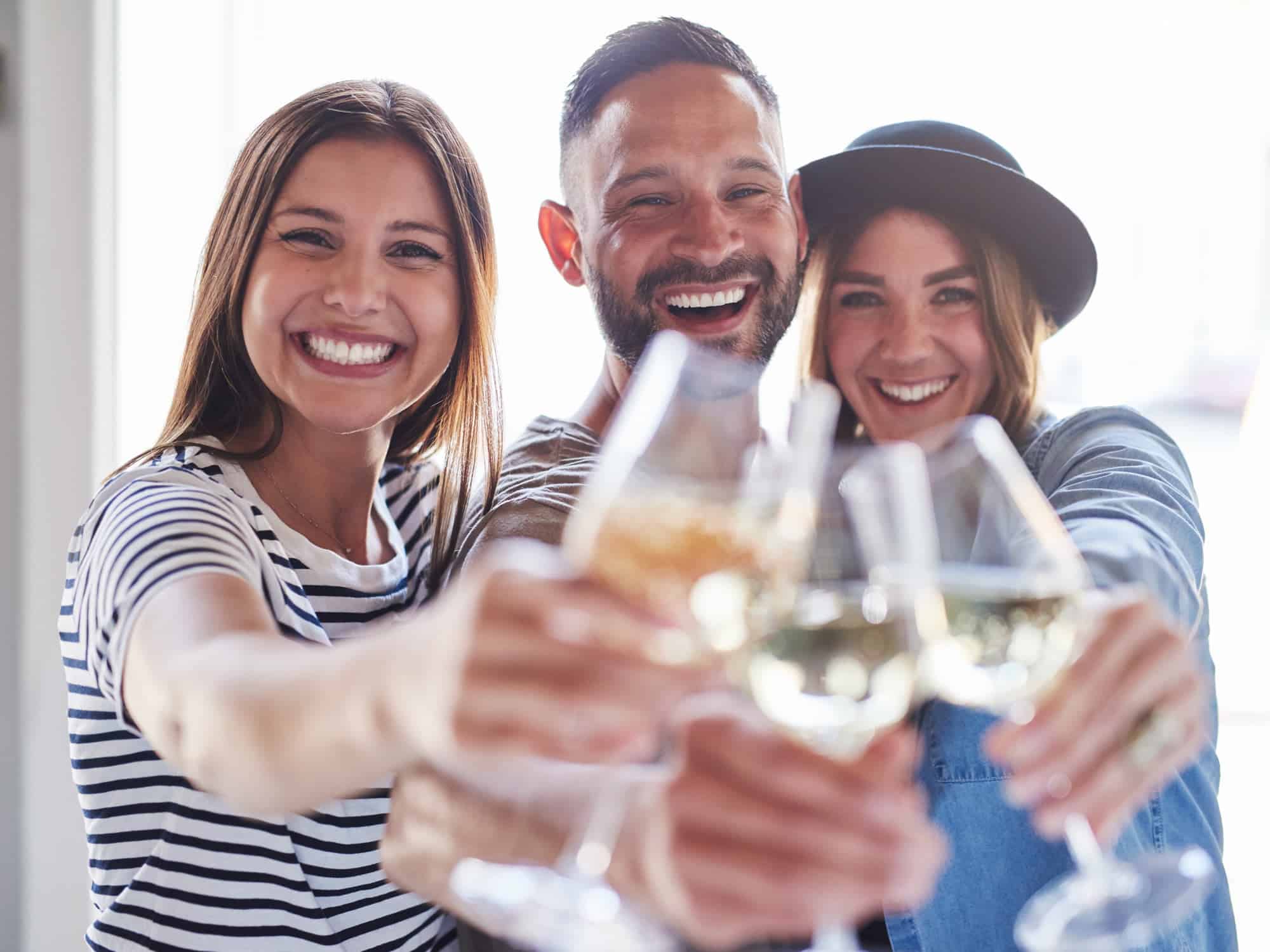Here at BeClink, we promote a healthy and enjoyable lifestyle for everyone—and for us, living without alcohol plays a critical role in that mission. Whether someone is alcohol-free due to their life stage, recovery journey, health concerns, or simply a desire to live better, we’re here to support their decision. That’s why we offer a variety of non-alcoholic beverages to choose from. And it turns out, we’re not alone. Over the past few years, the popularity of alcohol-free alternatives has soared as people seek healthier options.
A Growing Industry
While there are many non-alcoholic options available—like water, soda, or sports drinks—non-alcoholic alternatives to traditionally alcoholic beverages are growing fast. According to the Digital Journal, a non-alcoholic beverage is defined as one that either has no alcohol or has had the alcohol removed or reduced to near zero.
Beverage Daily reports that the non-alcoholic wine and beer market is expanding globally, with a projected compound annual growth rate (CAGR) of 7.6% through 2024. This growth reflects a shift in how people think about alcohol—and what they choose to drink instead.
The Influence of Younger Generations
Millennials and Generation Z are leading the shift toward wellness and mindful consumption. As Forbes explains, these younger consumers are drinking less than the generations before them. In response, bars, restaurants, and producers are crafting sophisticated, flavorful alcohol-free alternatives that appeal to their values and tastes.
Health Benefits Back the Trend
This shift isn’t just cultural—it’s backed by science. Studies have shown that alcohol-free beer, for example, offers boosted antioxidants, increased vitamin B6, and improved blood flow through slower coagulation. All of these can help reduce the risk of heart disease.
Additionally, alcohol-free wine and beer typically contain fewer calories than their alcoholic counterparts, making them a smart choice for anyone focused on heart health or weight management.
Inclusive and Accessible
Another reason for the rise in popularity is inclusivity. Non-alcoholic beverages are suitable for pregnant individuals, people in recovery, and those with religious or health-based restrictions. As younger generations prioritize inclusivity, these options become not just appreciated—but expected—at social gatherings and public venues.
Cost-Conscious Choices
For many, cost is another driving factor. Alcohol can be expensive—both up front and in the long term. Non-alcoholic options often cost less, and by supporting better health, they may also reduce future medical expenses. It’s a win-win for your wallet and your well-being.
The Market Is Responding
According to the IWSR, volume sales of alcoholic beverages in the U.S. declined for the second year in a row as of 2017. The cultural shift is real: younger generations are demanding healthier, more inclusive, and more affordable beverage options—and businesses are taking notice.
More restaurants are offering alcohol-free options, companies are expanding their zero-proof lines, and friends are bringing non-alcoholic beverages to parties and celebrations. Cultural shifts lead to social shifts, and the move toward non-alcoholic drinks is just getting started.
The Takeaway
From heart health to inclusivity, affordability to wellness, the rise of non-alcoholic beverages is being driven by a range of important and positive values. The only question left is: will you try them?
Explore alcohol-free wine and beer at BeClink and see how these options can elevate your lifestyle—without compromise.

